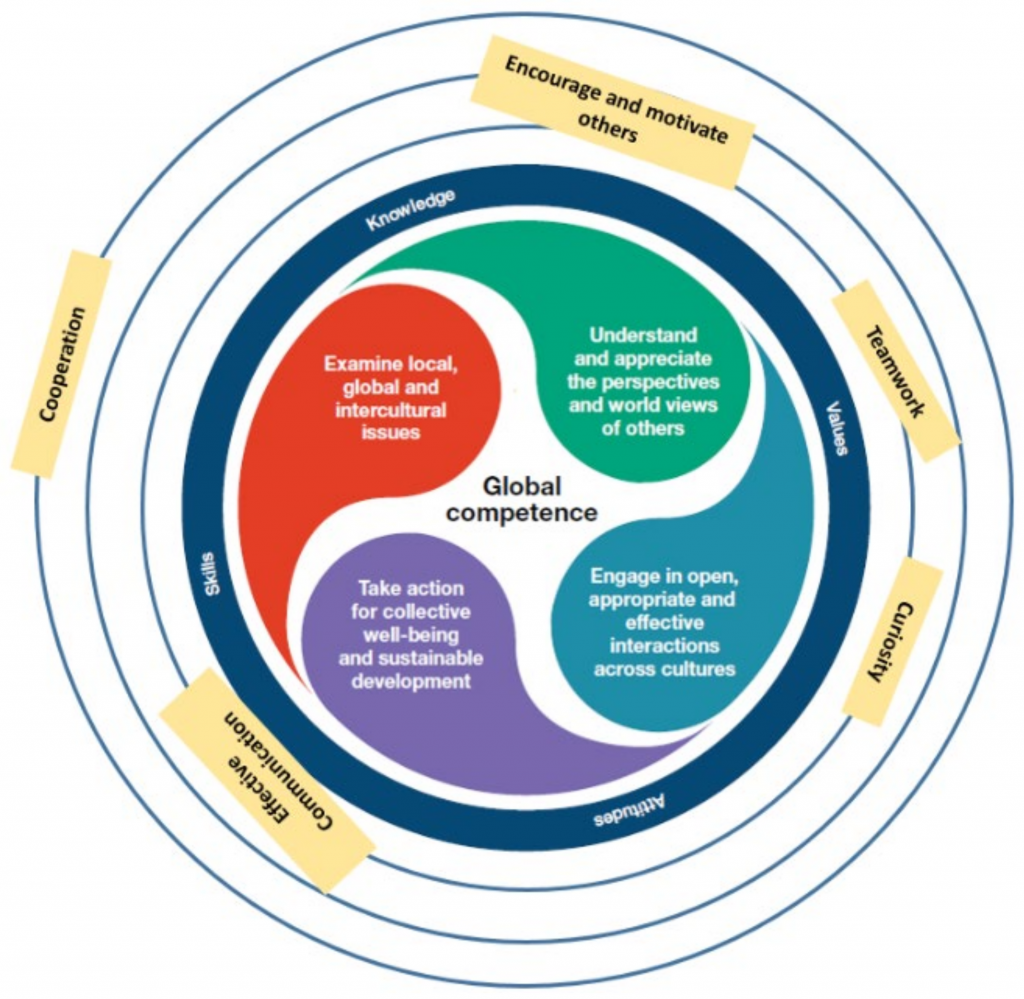During March 8, 9 and 10, 2021 in Valencia, Spain, preliminary results of the TA VIE project were presented at the 15th International Technology, Education and Development Conference (INTED). INTED is one of the largest international education conferences for lecturers, researchers, technologists, and professionals from the educational sector. After 15 years, it has become a reference event where more than 700 experts from 80 countries will get together to present their projects and share their knowledge on teaching and learning methodologies and innovations on educational technology.

Paper presented:
SCENARIOS BASED APPROACH TO ASSESS GLOBAL COMPETENCE IN ENGINEERING MOBILITY PROGRAMS
I. Ortiz-Marcos1, L.I. Ballesteros-Sánchez1, V. Breuker2, A. Hernández Bayo1, R. Rodríguez-Rivero1
1Universidad Politécnica de Madrid (SPAIN)
2Universitá di Milán (ITALY)
Abstract:
The global world requires an essential emphasis on sustainability regarding productivity and industrialization processes, all the more with current environmental issues—water supply, deforestation, climate change—as well as sanitary issues like COVID-19, which permeate throughout and threaten all global activity. The development of the TA VIE project presented here stemmed from an international collaboration of five European HEI institutions in Spain, Italy, France, Sweden and Hungry. The TA VIE project has shown that companies understand the relevance of global competencies and young professionals should improve in those competencies. Companies in the five national contexts participating in the project argue that engineers should deploy these competencies to follow market trajectories and face current challenges. As a result of the first intellectual output of the project a framework of global competencies for engineers was published. Now, in this second part of the project, we are ready to share how to measure these competencies with engineering students using an innovative approach. In this paper the result of scenarios designed to measure global competencies is presented.
Keywords: Global competence, Competence Assessment, Scenario approach, International experience, Engineering.


